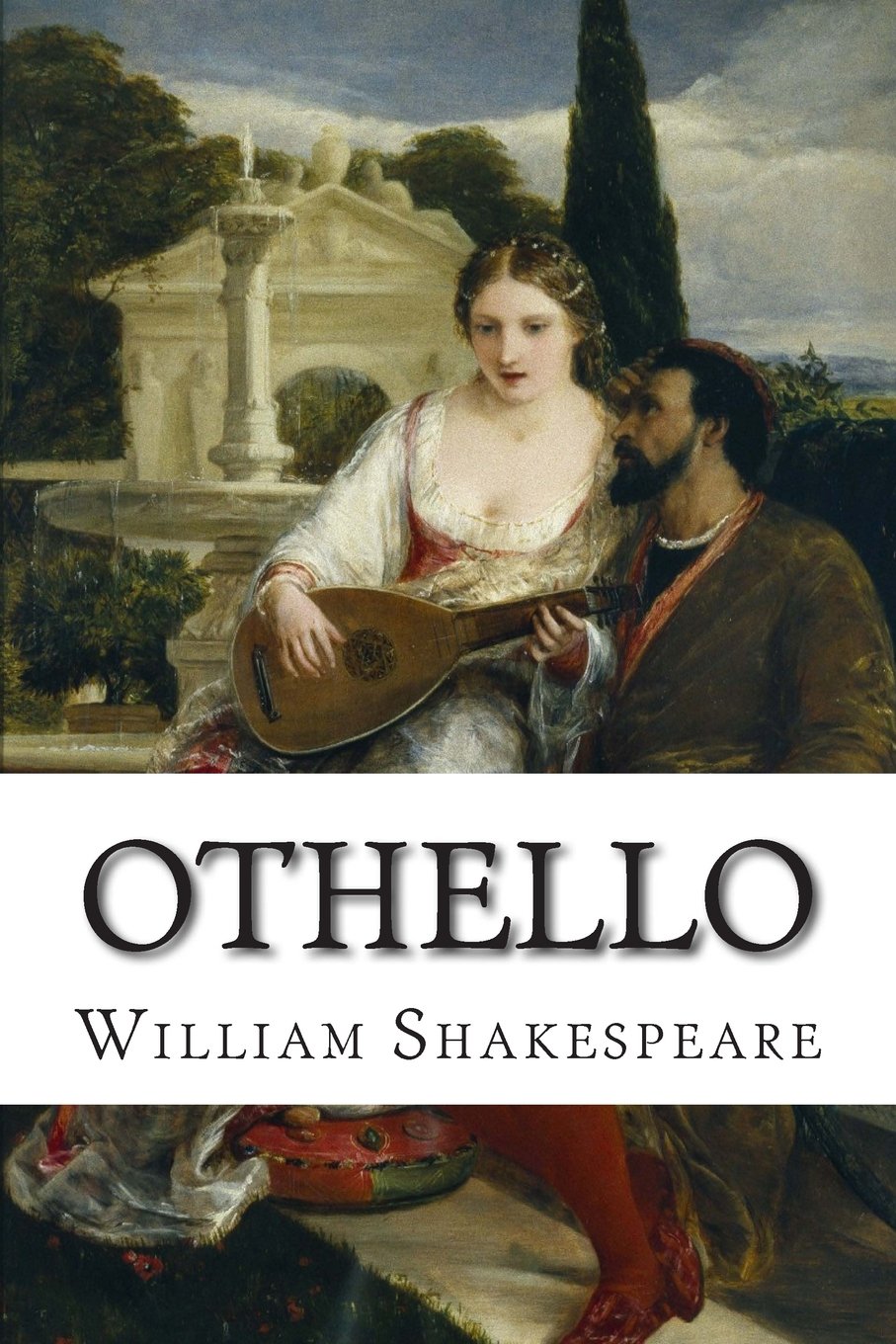About this deal
Othello’s ensign (a job also known as an ancient or standard-bearer), and the villain of the play. Iago is twenty-eight years old. While his ostensible reason for desiring Othello’s demise is that he has been passed over for promotion to lieutenant, Iago’s motivations are never very clearly expressed and seem to originate in an obsessive, almost aesthetic delight in manipulation and destruction. The word "honest" is used more than 40 times in the play, sometimes with reference to Desdemona's chastity, but in almost all other cases with reference to Iago, where it has a double meaning - as a condescending term for a social inferior, and as a reference to his supposed truthfulness. [142] After the Restoration, London Theatres other than the patent companies got around the illegality of performing Shakespeare by allusion and parody, such as Charles Westmacott's Othello The Moor of Fleet Street at the Adelphi in 1833. [293]
Act 4, scene 2 Othello questions Emilia about Cassio and Desdemona’s relationship, acting as if Emilia is the mistress of a brothel and Desdemona one of her prostitutes. Othello denounces Desdemona to her face as a whore. Desdemona turns for help to Iago, who reassures her.Roderigo, protesting to Iago that his gifts to Desdemona have won him no favor from her, threatens to ask for the return of the gifts. Iago counters this threat by telling Roderigo that Desdemona will leave for Mauritania with Othello unless Roderigo can delay them. The best way to do this, says Iago, is by killing Cassio. Siemon, James "Making Ambition Virtue" in Orlin, Lena Cowen (ed.) "Othello - The State of Play" The Arden Shakespeare, Bloomsbury Publishing, 2014, pp.177-202 at p.178 and p.198n. Othello and Iago are two of the five longest parts in the Shakespeare canon. At 1097 lines, Iago's is the larger of the two: only Hamlet (in Hamlet) and Richard (in Richard III) are longer. [138] Genre [ edit ]
E. K. Chambers in 1930 argued that Q derived from a scribal manuscript, and F from the author's holograph. [51]
The terminus ad quem for Othello (that is, the latest year in which the play could have been written) is 1604, since a performance of the play in that year is mentioned in the accounts book of Sir Edmund Tilney, then Master of the Revels. [34] The character's own motives are never made clear, because Iago himself expresses too many motives: [144] The filming of Orson Welles' Othello was plagued by chaos. A pattern emerged where Welles would collect his cast and crew for filming, then after four or five weeks his money would run out and filming would cease: Welles would then appear in another movie, and using his acting fee would reconvene filming. Scenes in the final movie were sometimes spliced together from one actor filmed in Italy in one year, and another actor filmed in Morocco the next. [257] Welles uses shadows, extreme camera angles and discordant piano music to force the audience to feel Othello's disorientated view of Desdemona. [258] Cages, grilles and bars are frequent images. [259] And the text is heavily cut: Othello's first words are his speech to the Senators from Act 1 Scene 3. [260] [261] The film was critically panned on its 1955 release (headlines included "Mr Welles Murders Shakespeare in the Dark" and "The Boor of Venice") but was acclaimed as a classic upon its re-release in a restored version in 1992. [262] Watts, Cedric "Othello's Magical Handkerchief" in Sutherland, John and Watts, Cedric (eds.) "Henry V, War Criminal? & Other Shakespeare Puzzles" Oxford World's Classics series, Oxford University Press, 2000, pp.76-84 at pp.78-79Othello comes to his sleeping wife's bedroom to murder her as punishment for her supposed adultery. He smothers her with a pillow as she asserts her innocence. Emilia alerts the household, causing Iago and others to come to the scene. Othello defends himself, mentioning the handkerchief as evidence. Emilia realises what has happened and betrays Iago‘s plots against Othello. Iago, reacting to his wife's accusations, stabs and kills her. Iago is arrested and sent to trial after Othello wounds him (he doesn't even die). Othello, facing the inevitability of his own trial, uses a hidden weapon to commit suicide. The play ends with Cassio reinstated and placed in command as Governor of Cyprus. Hoenselaars, Ton "Shakespeare and Translation" in Wells, Stanley and Orlin, Lena Cowen "Shakespeare: An Oxford Guide", Oxford University Press, 2003, pp. 645-657 at p.648. Although Othello is a cultural and racial outsider in Venice, his skill as a soldier and leader is nevertheless valuable and necessary to the state, and he is an integral part of Venetian civic society. He is in great demand by the duke and senate, as evidenced by Cassio’s comment that the senate “sent about three several quests” to look for Othello (I.ii. 46). The Venetian government trusts Othello enough to put him in full martial and political command of Cyprus; indeed, in his dying speech, Othello reminds the Venetians of the “service” he has done their state (V.ii. 348). Samuel Taylor Coleridge's marginal note to the closing speech of Act 1 in his own personal copy of Othello, cited by Thomson and Honigmann, 2016, p.45; Neil, 2006, p.31; McAlindon & Muir, 2005, p.xliv and by Honigmann, 1997, pp.33-34 The first professional performances of the play in North America are likely to have been those of the Hallam Company: Robert Upton ( William Hallam's advance man) performed Othello at a makeshift theatre in New York on 26 December 1751; and religious objections to theatre led the Hallam Company to perform Othello as a series of "moral dialogues" at Rhode Island in 1761. [201] 19th century [ edit ]
 Great Deal
Great Deal 